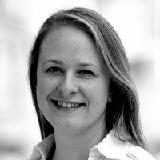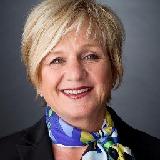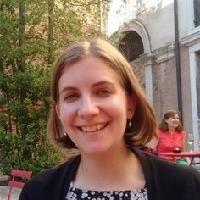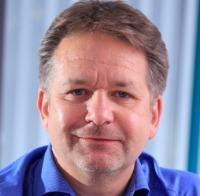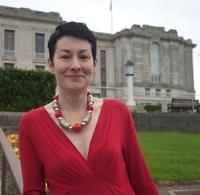Blog
Unless otherwise stated, content is shared under CC-BY-NC Licence
Lloyds Banking Group: The Dark Horse goes Digital
Peter Judge is Archivist for the Lloyds Banking Group Archives & Museum
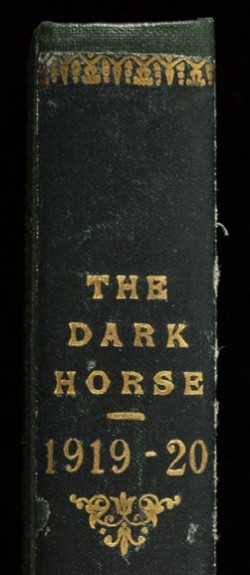
Prior to 2020 at Lloyds Banking Group Archives we had been making plans to digitise parts of our collections. Then, like so many other organisations, we found ourselves in a situation where lockdown restrictions were limiting our access to the archives. Given how much of our work is tied to a physical space, this added extra impetus to our plans for digitisation.
Audiovisual Preservation at Wellcome Collection
Christy Henshaw is Digital Production Manager at Wellcome Collection in London
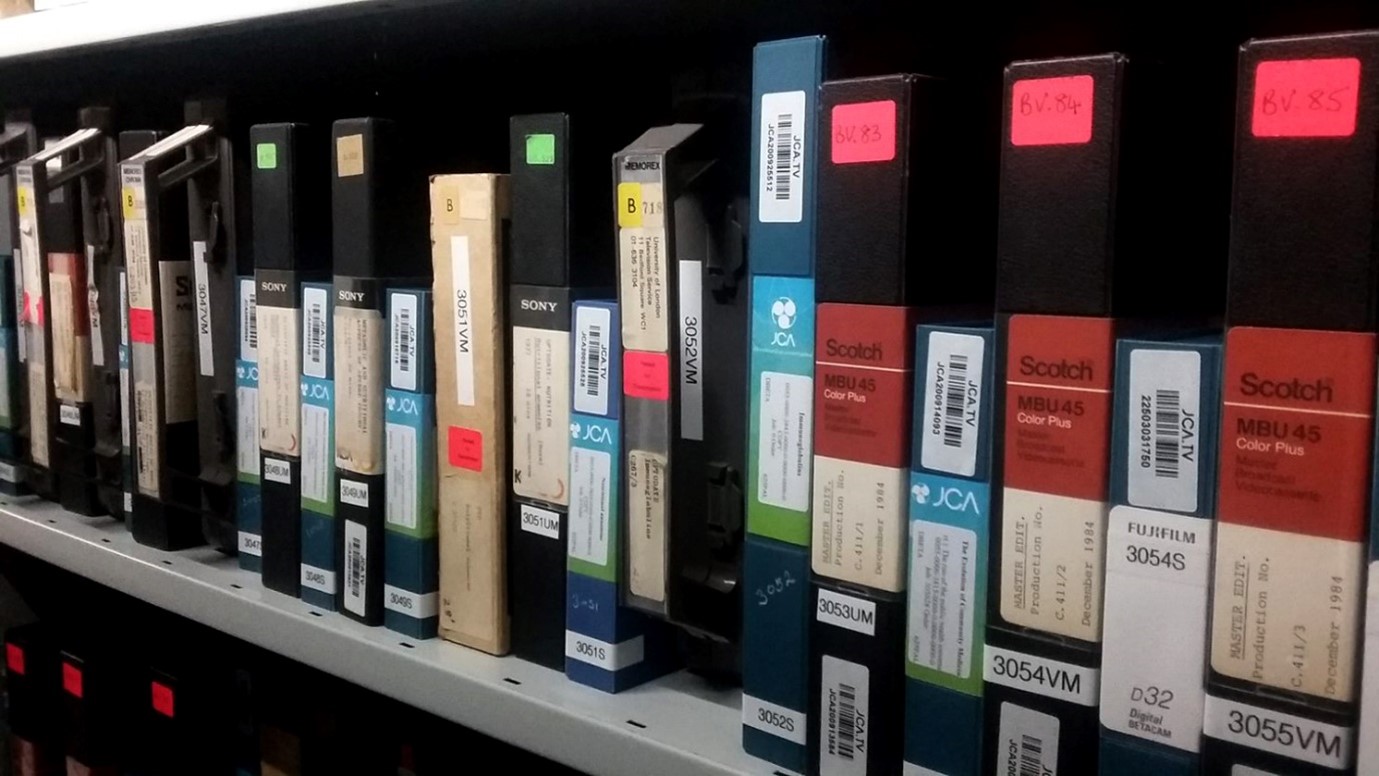
Wellcome Collection, like many archives, has a tape problem. Video or audio, good condition or bad, tape archives present a major challenge for preservation and access. We hold hundreds of unique and distinctive works on tape formats, and regularly acquire more through our acquisition programme.
Digital preservation: locking and unlocking the lasting value of digital content
Sue Trombley is the Managing Director of Thought Leadership at Iron Mountain.
Modern civilisation is becoming more and more defined by the rapid evolution of technology, and its equally rapid obsolescence. The cultural heritage we create for future generations now largely exists in the form of ones and zeros found in myriad formats and in countless data storage systems. On top of that is the fact that we generate exponentially greater volumes of data every year.
When it comes to physical media, a book that is centuries old is fundamentally the same as one we print and publish today, and if preserved properly, is equally accessible today. When it comes to digital media, however, it is a very different matter. Devices and formats have changed almost beyond recognition in the last couple of decades, many are wholly incompatible with one another and many files can no longer be read due to platform obsolescence. This gap will only widen if we fail to pay attention to the importance of digital preservation in enabling lasting value.
3D scanning and virtual reality environments at the University of Bristol.
Emma Hancox is Digital Archivist at the University of Bristol.
As well as digitising two dimensional materials, at the University of Bristol we have been experimenting with three-dimensional scanning methods. We are actively engaged in digital preservation and the creation of 3D scans creates its own set of challenges. In terms of access, we have started working on ways of increasing interaction with the 3D models we create breaking down barriers, giving our collections a wider reach and unlocking their potential in the long-term.
Isolated Together: Virtual Collaboration for the Advancement of Open Source Digital Preservation Tools
Charlotte Armstrong is Project officer for the Open Preservation Foundation
In 2020, amid a global pandemic that isolated many people from their professional communities, the Open Preservation Foundation (OPF)’s Spring Hackathon brought together an international group of contributors to enhance open source digital preservation tools and documentation relied on by digital preservation practitioners around the world.
Long-term sustainability: what does it REALLY mean for your digital content?
Jon Tilbury is Chief Innovation Officer at Preservica
Institutions and individuals working in Digital Preservation are rightly concerned about the long-term sustainability of the technology or service providers they trust to look after their material. However, the meaning of “sustainability” is much broader than often appreciated.
Keeping it FAIR: Providing Access to Reusable Data at the Archaeology Data Service
Olivia Foster is Digital Archives Officer at the Archaeology Data Service in York, UK
Staff at the Archaeology Data Service (ADS) have been busy over the last year archiving the data deposited with us, collaborating with partners and rolling out the new OASIS online archaeological reporting system. Digital preservation is one of the core activities of the ADS and as a digital archive we preserve and make publicly accessible archaeological and heritage data in our archives and the ADS library.
The National Archive’s new Transfer Digital Records Service: The Hard Drive forward
Kirsten Arnold is Service Owner for Digital Selection and Transfer at The National Archives in the UK
Hi. I’m the Service Owner for Digital Selection and Transfer (DST), working within Digital Archiving at The National Archives (TNA). DST works closely with records creators to help them understand, provide advice and facilitate the transfer of their selected digital public records to The National Archives. These record creators specifically are public record bodies, and in the main UK government departments.
Breaking down barriers with DiAGRAM
David is a senior digital archivist at The National Archives in the UK.
Original development
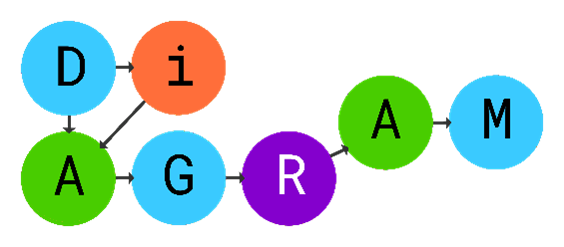
With DiAGRAM (the Digital Archiving Graphical Risk Assessment Model) we are trying to break down barriers to digital preservation in two ways: firstly, to help archivists make progress with digital preservation by showing them which interventions will have the greatest impact in reducing the risks to their digital materials; secondly by making sure that the tool itself does not present barriers to being used by anyone who needs it.
Breaking down Barriers in Wales Through the Iffy Tiff
Sally McInnes is Chair of the Archives and Records Management Digital Preservation Group at the National Library of Wales
In Wales, we have been working for many years to break down barriers to digital preservation through working collaboratively to increase capacity and skills. The publication of the National Digital Preservation Policy and accompanying Technical Appendix, on Digital Preservation Day in 2017, aimed at ensuring digital resources of enduring value would be selected for preservation and remain authentic and accessible in the future and to raise awareness of the importance of digital preservation for stakeholders and decision makers. The policy framework is supported by the development of a technical solution, which links Archivematica, Fedora and the National Library of Wales’s Digital Archive, whilst providing access to content through the discovery systems which are managed by the partners.


















































































































































